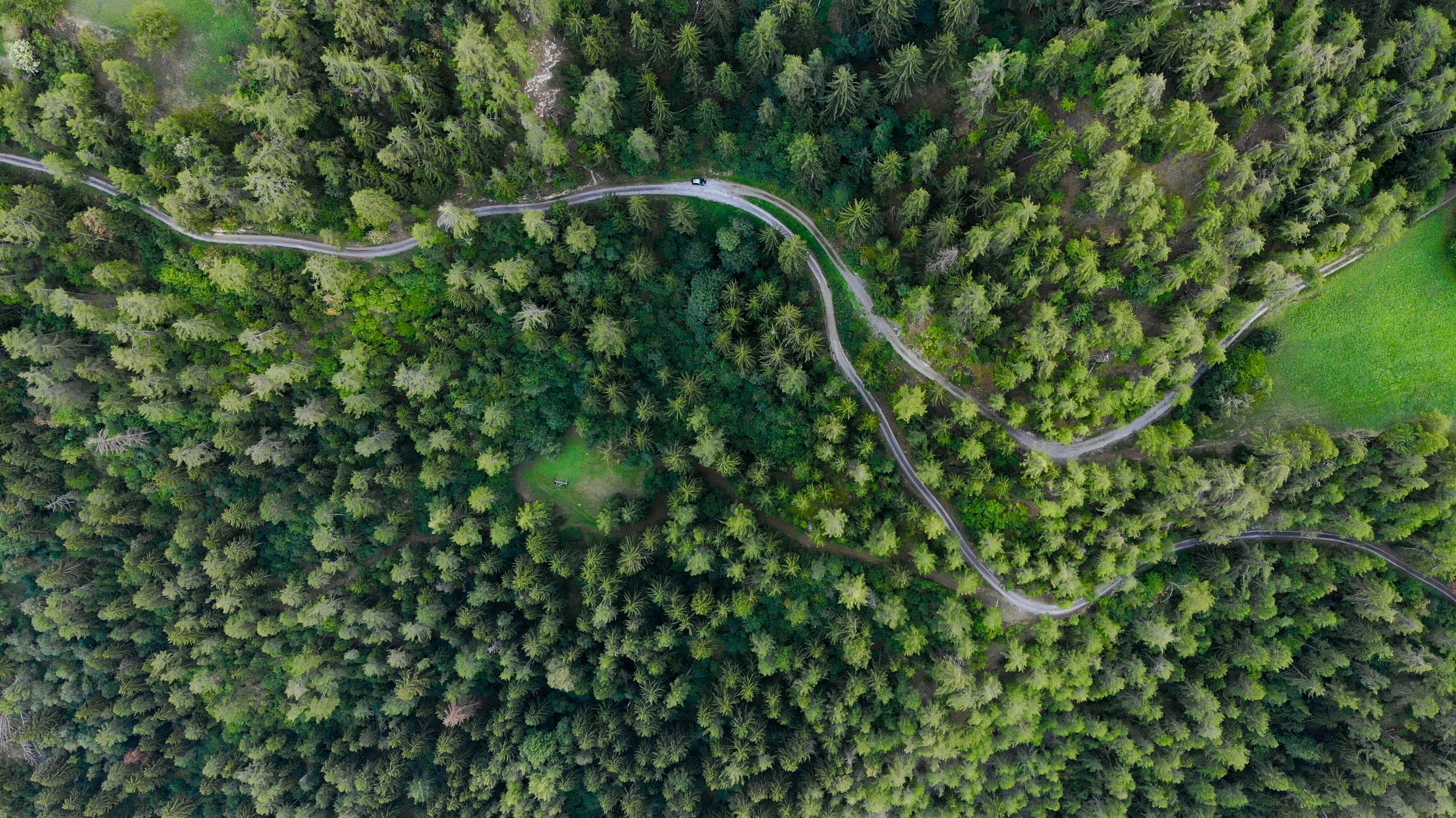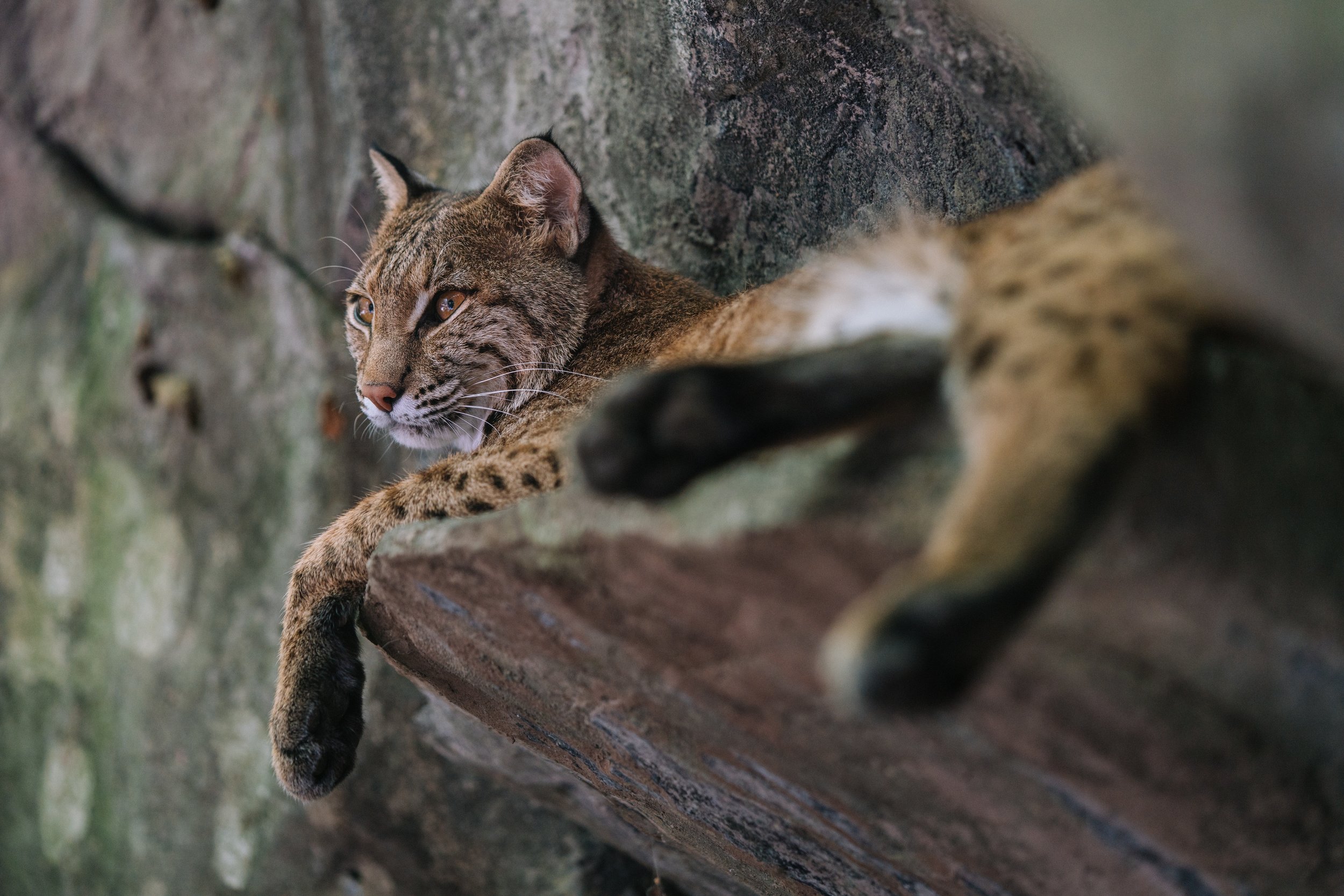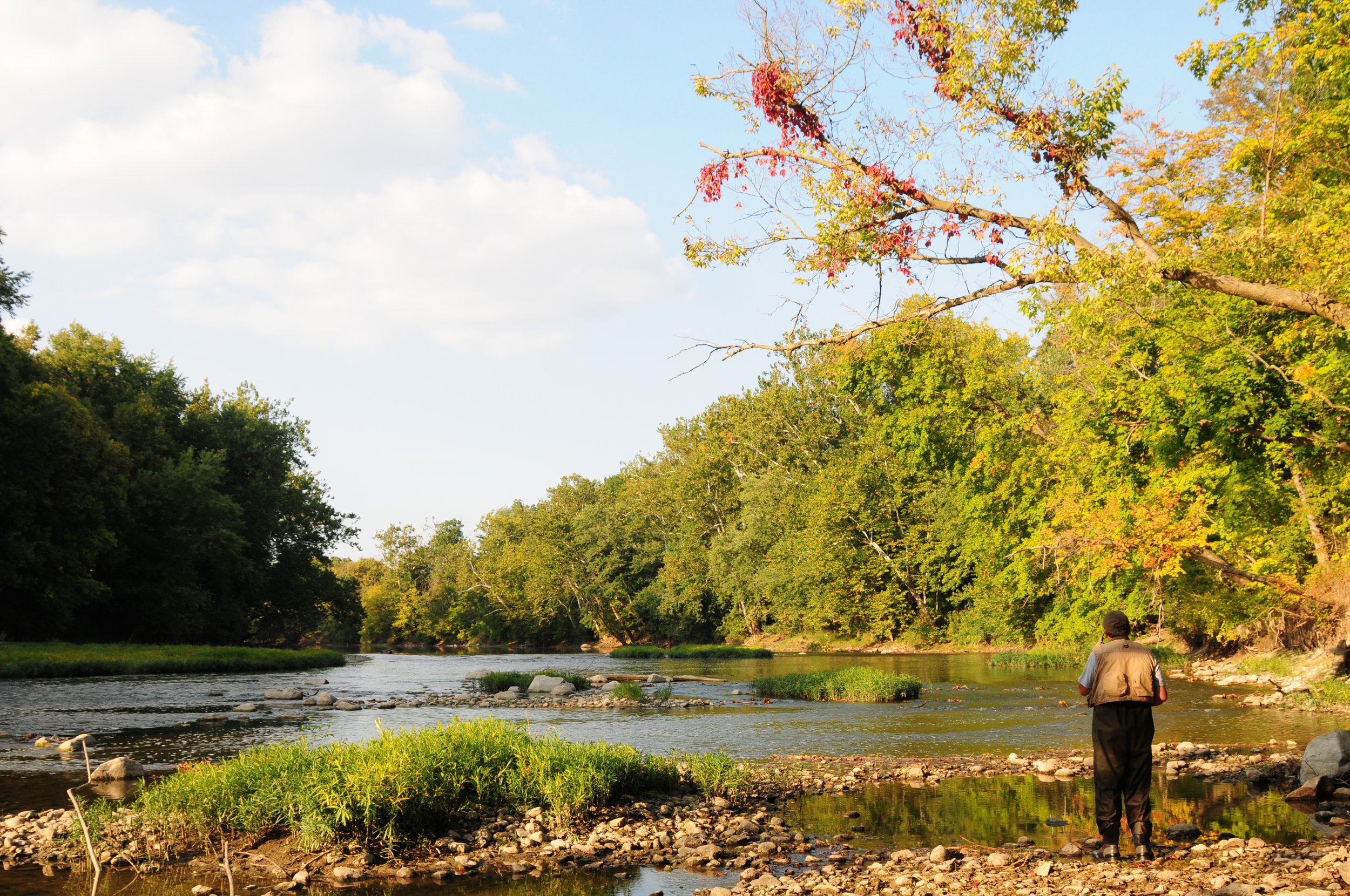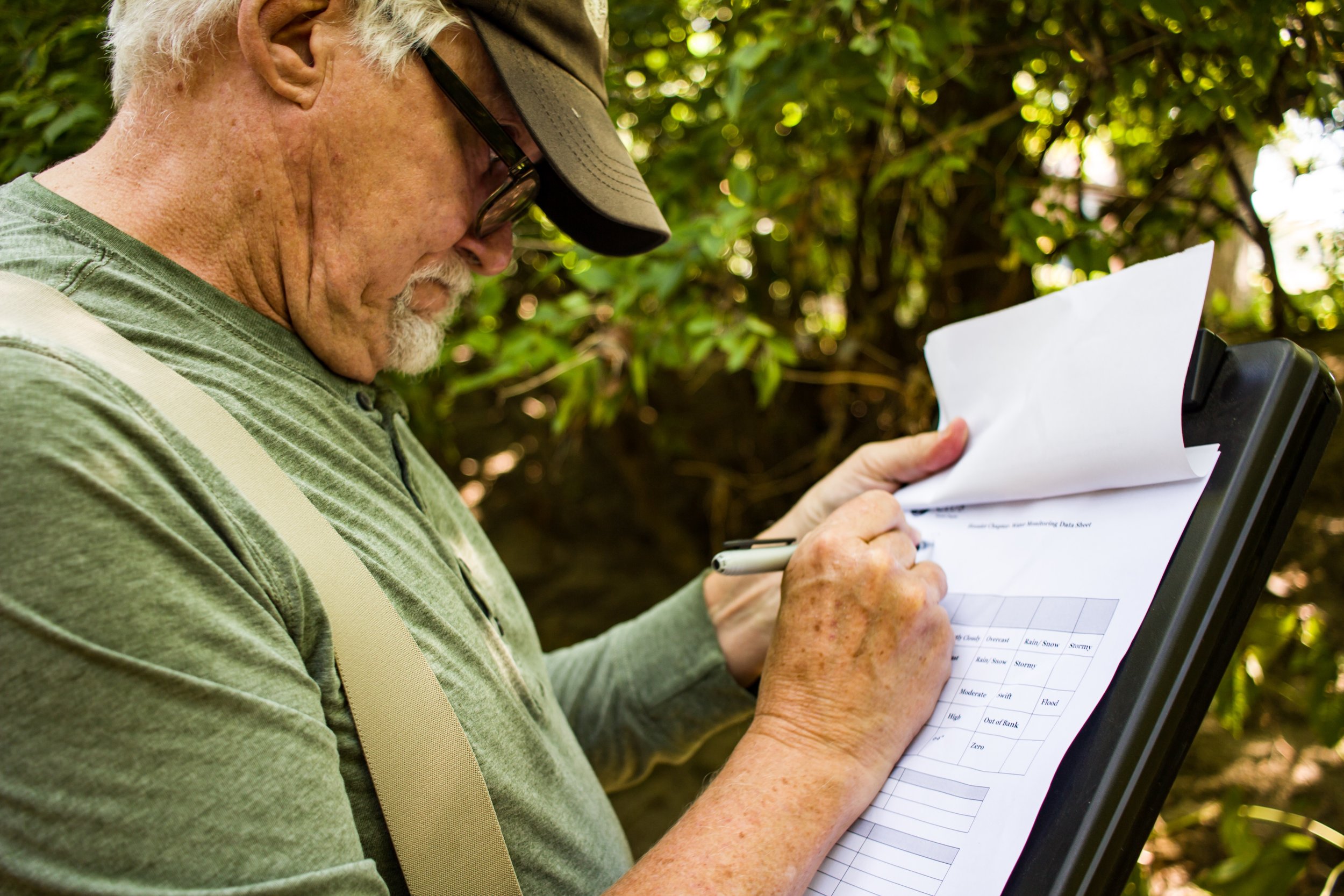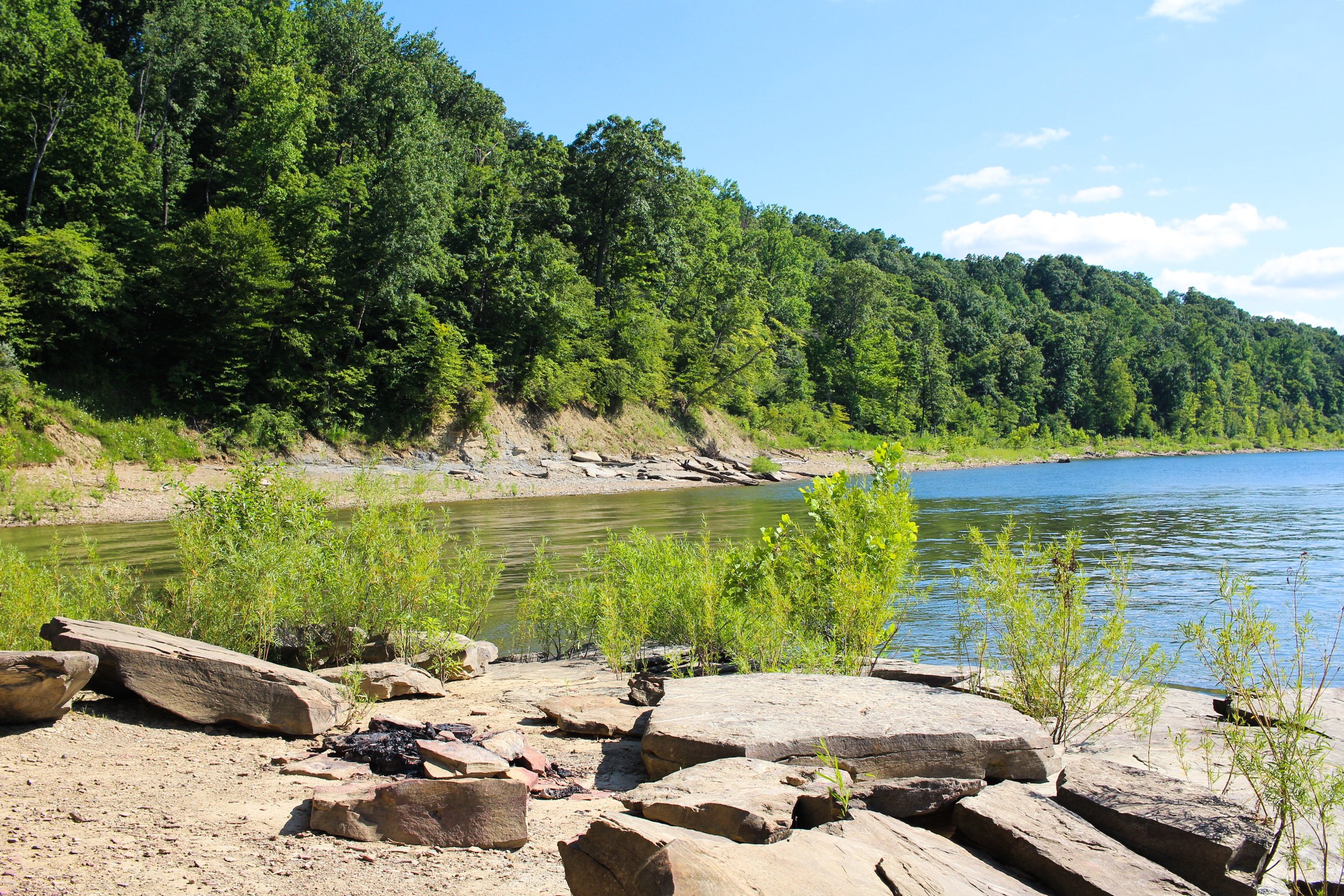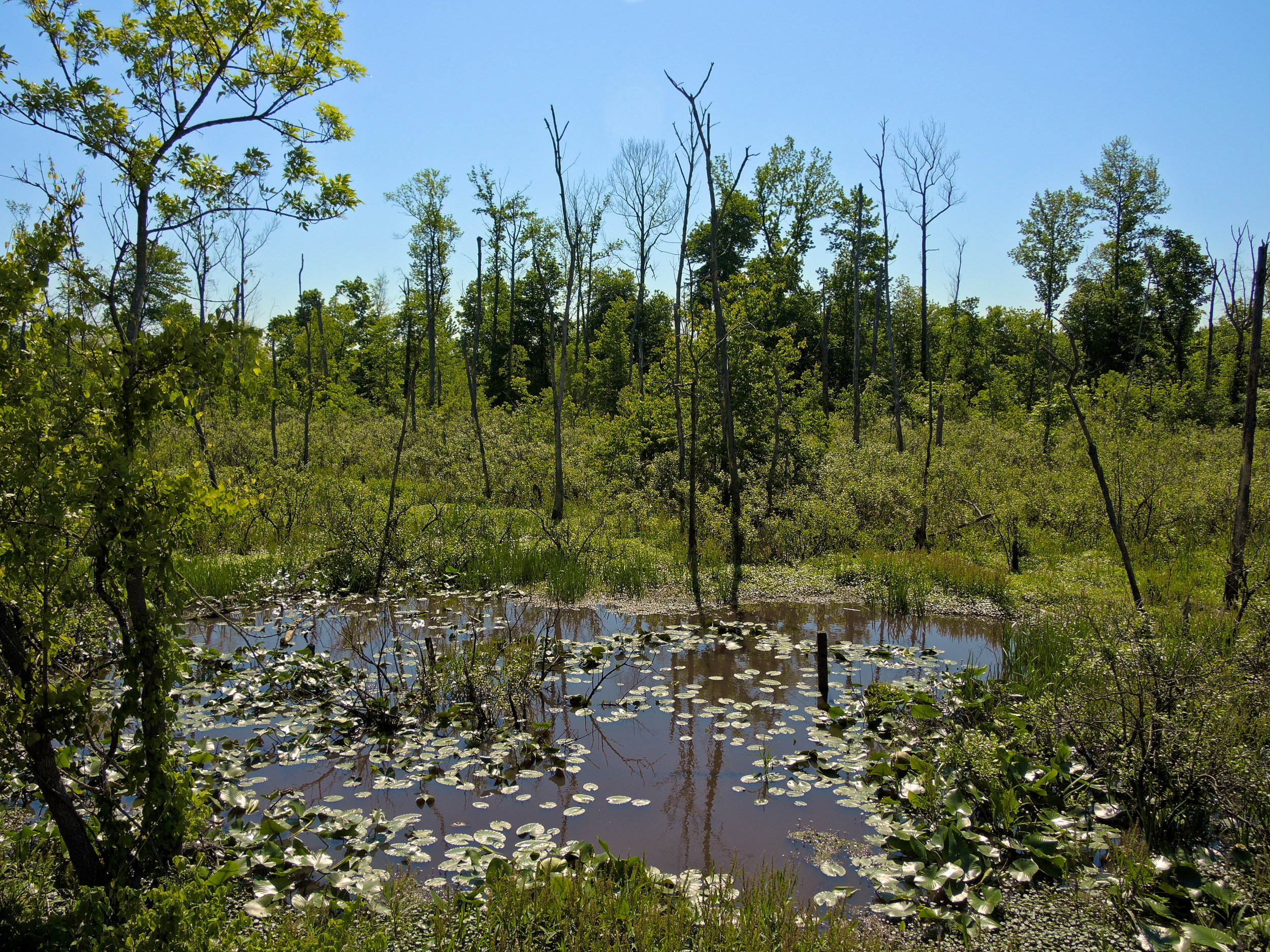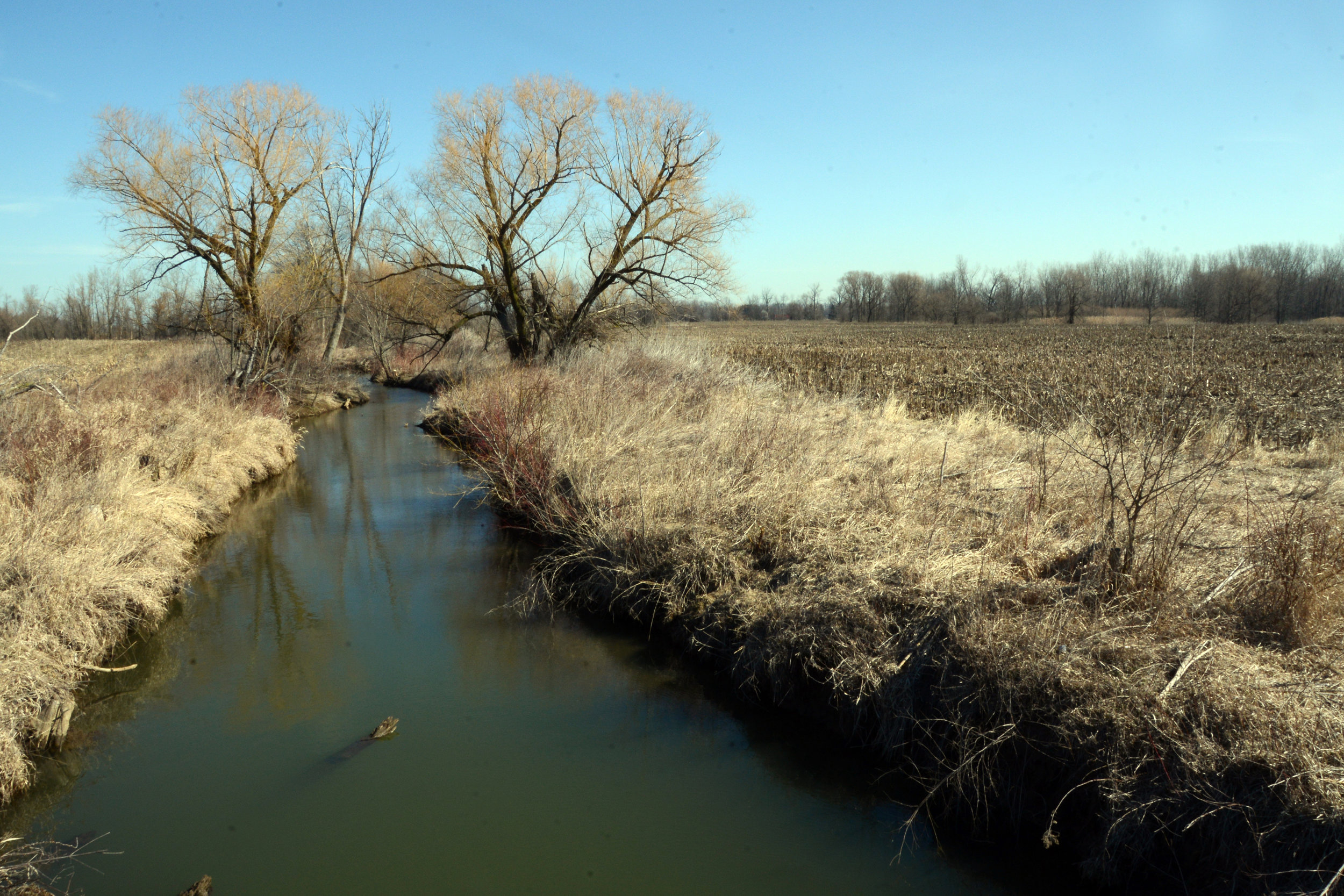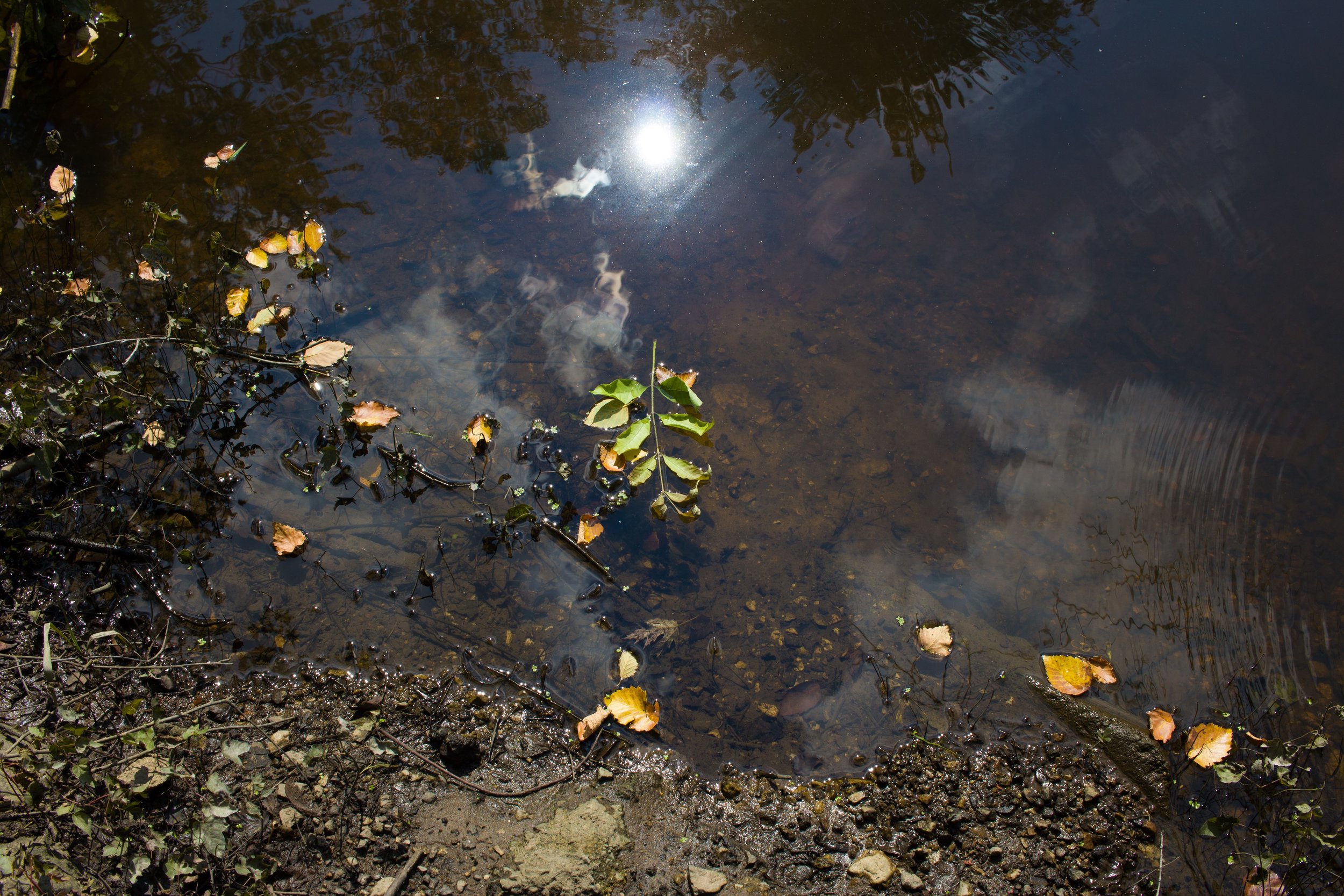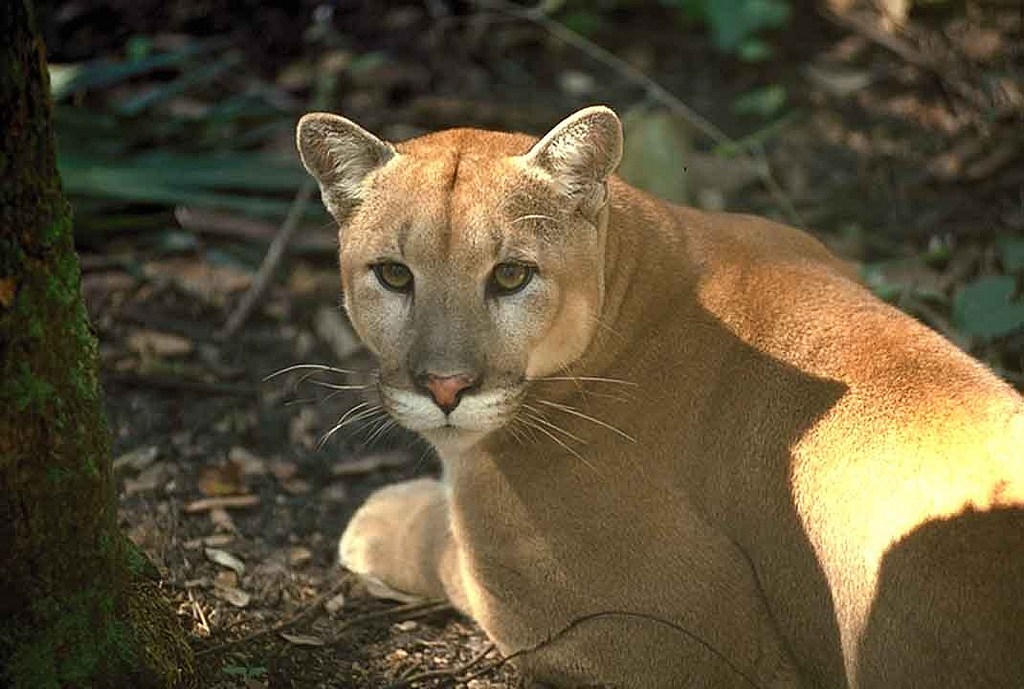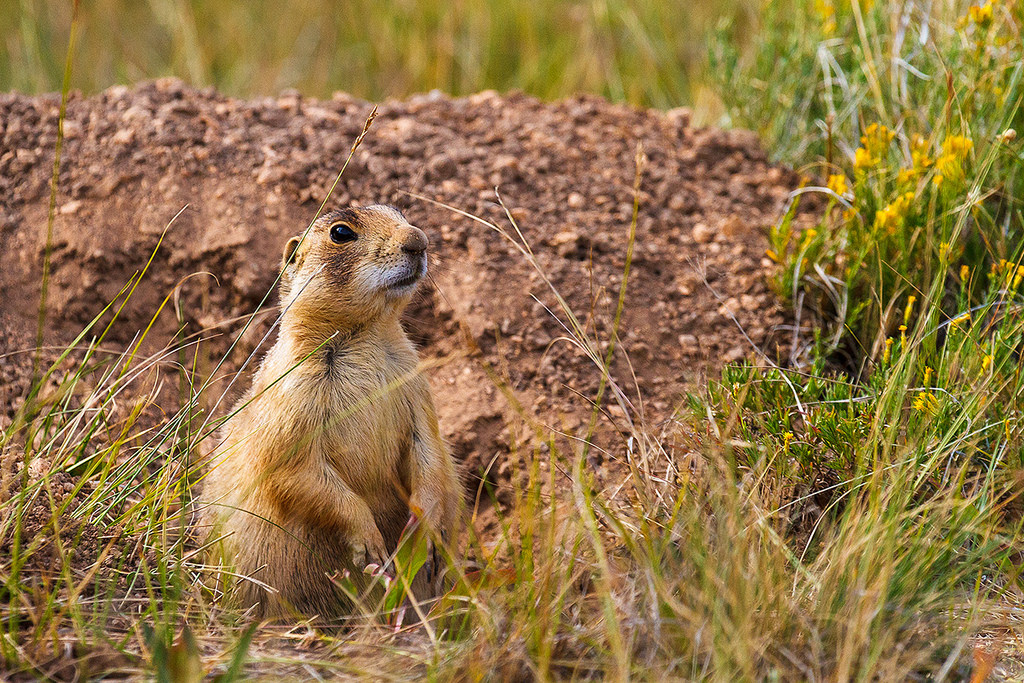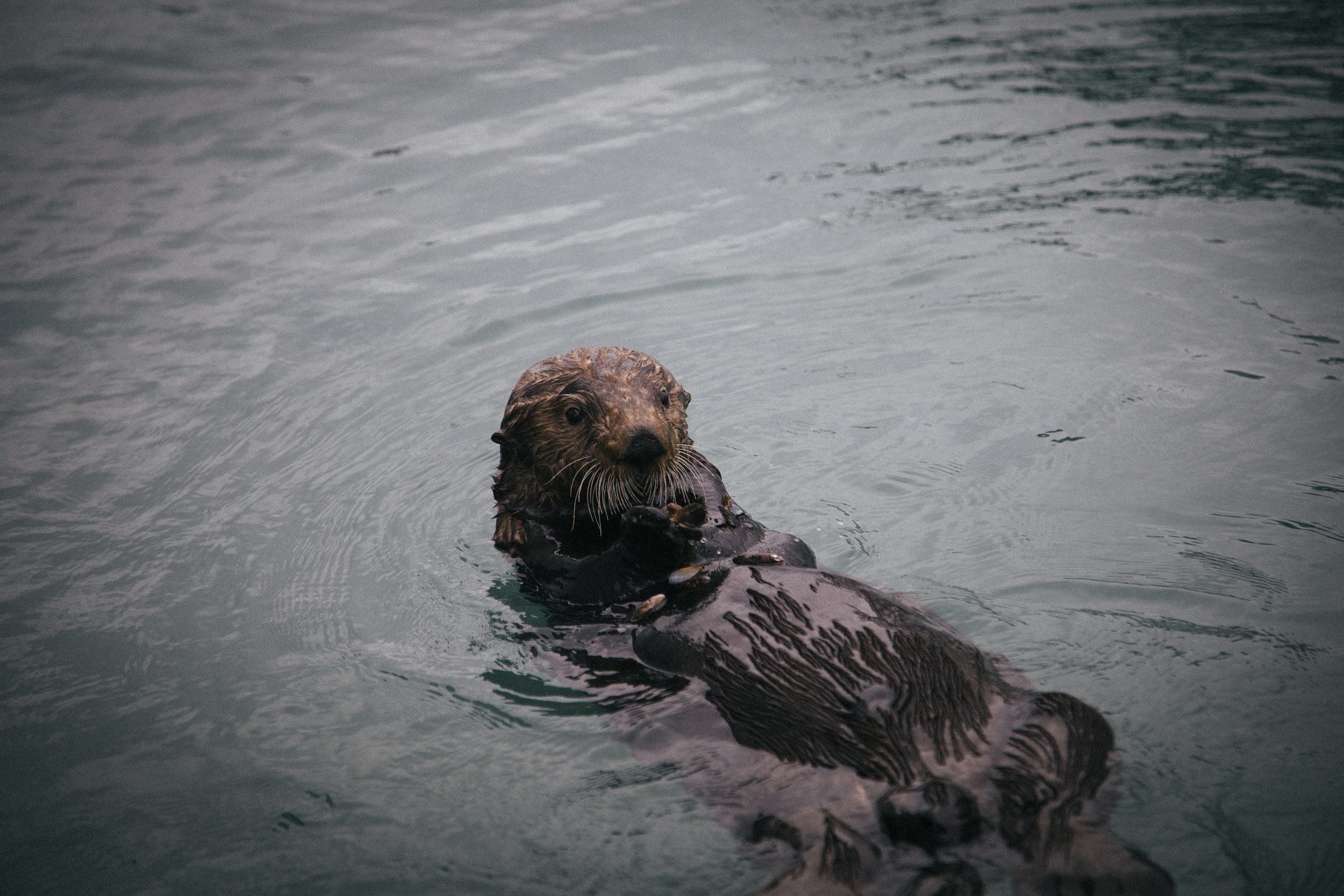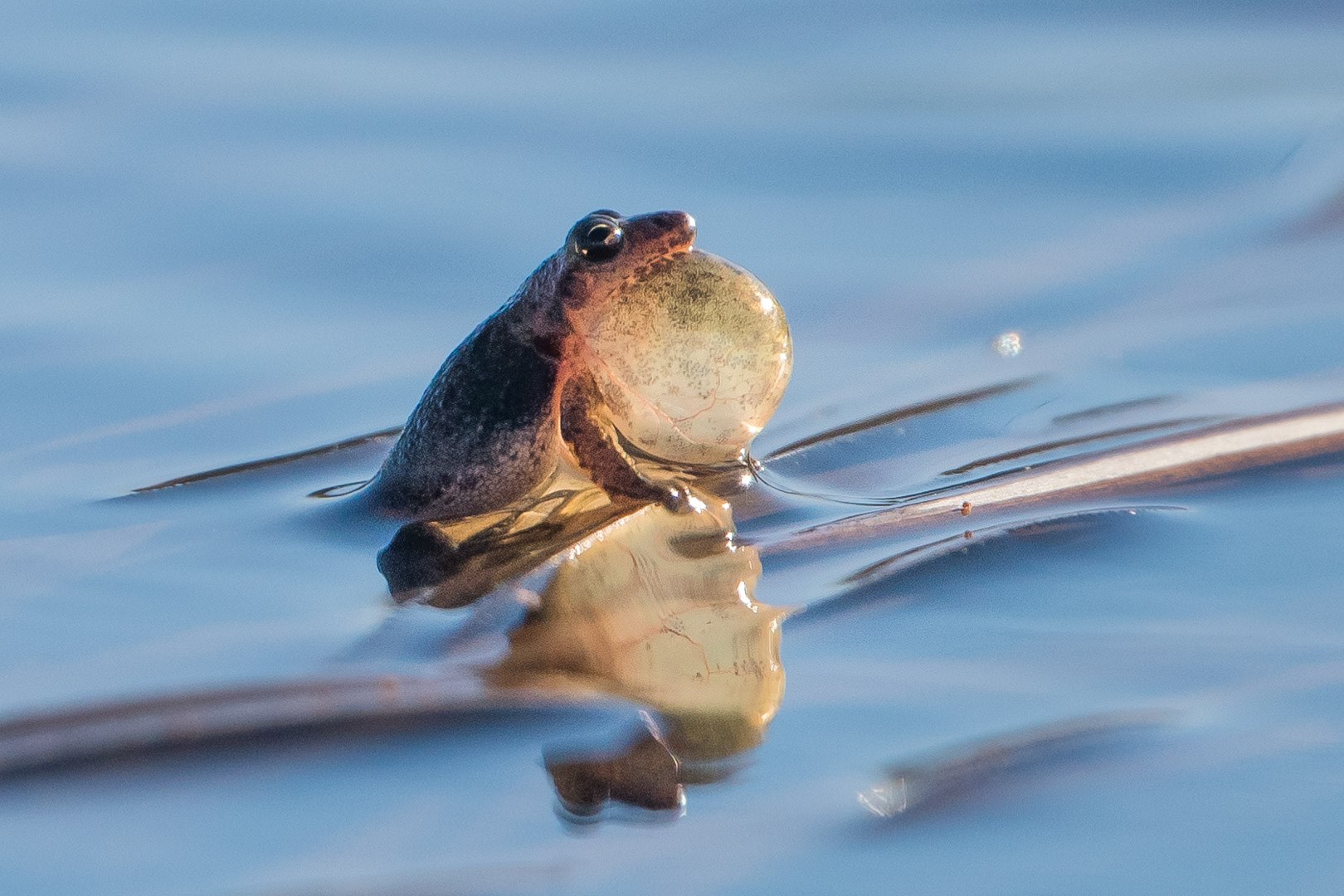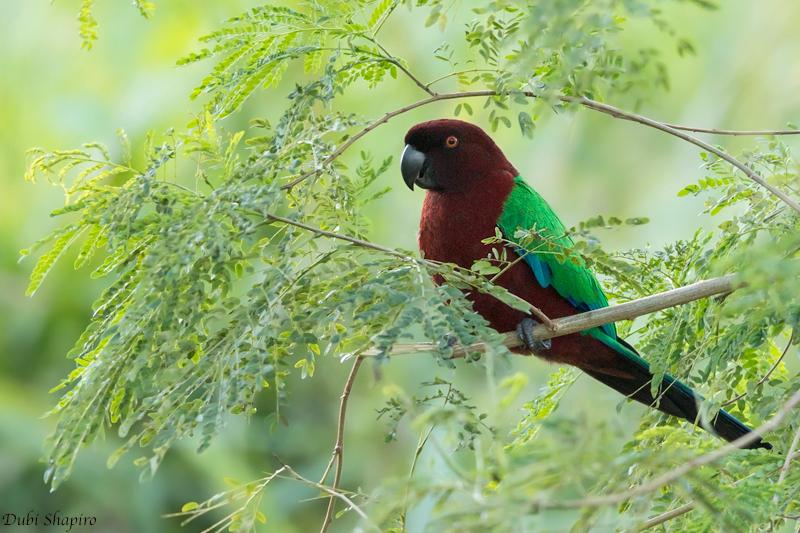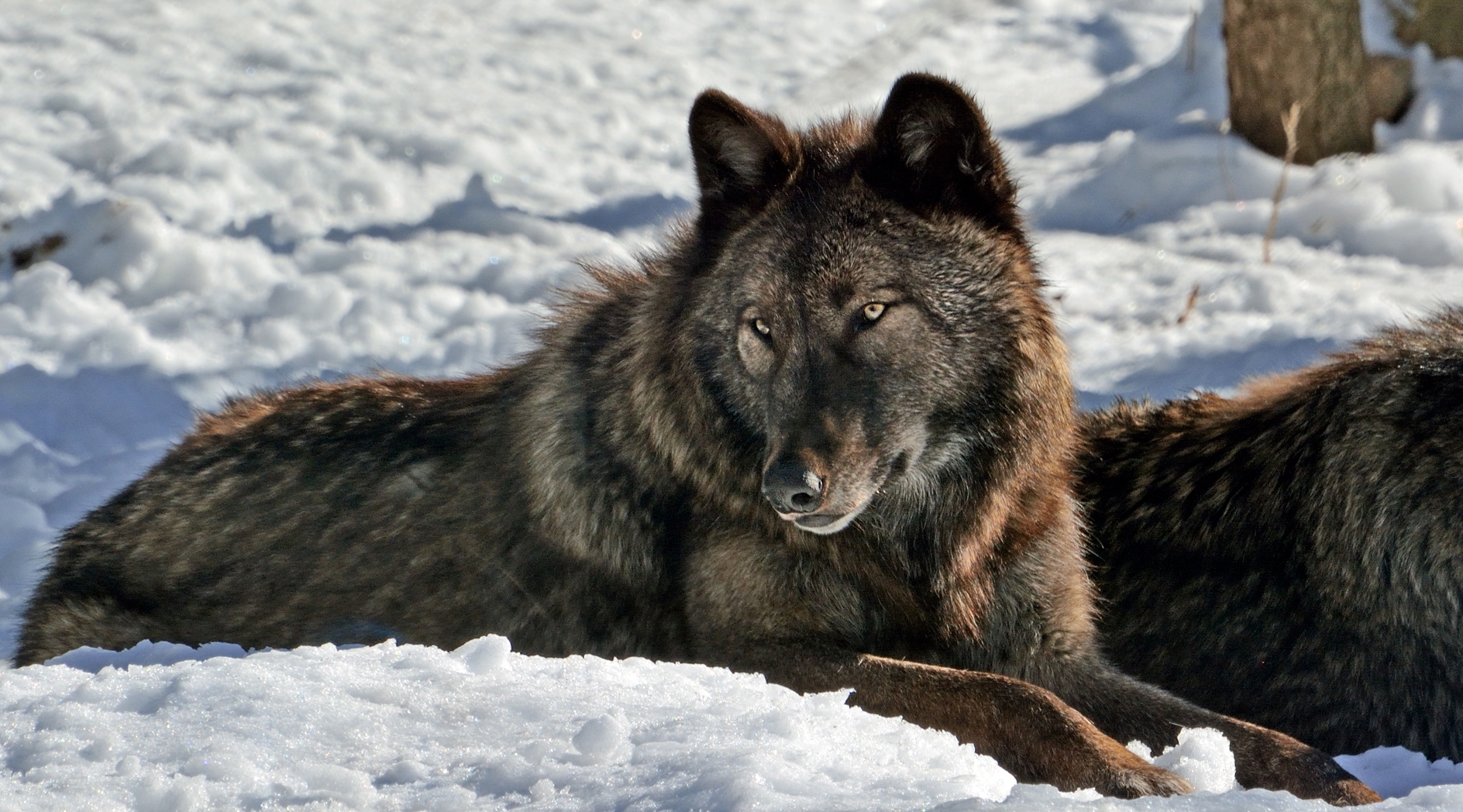

You make this work possible
Our mission is to provide legal counsel without charge to conservation organizations, work to improve conservation law and policy, and offer law students clinical experience in the practice of law and the profession’s public service tradition.
Recent News
How can we help your organization?
“I had no idea the Conservation Law Center was a resource for conservation professionals until Christian reached out and generously offered to tackle a challenging issue we were struggling with. He and his students were a pleasure to work with, and provided a product that was useful and which we were highly confident in.”
-Matt , East Multnomah Soil and Water Conservation District, Portland, Oregon
Over 10,000 acres
of land protected, including habitat for dozens of threatened and endangered species.
An additional 3,000 acres
of sensitive wetland habitat cleared of mineral rights and made easier to protect.
More than 80 nonprofit organizations
assisted with free legal services and support resulting in more conservation.
Over 200 student interns
and 8 graduate fellowships provided hands-on training.
…and more made possible with your support!
TraininG
the Next
Generation
Second and third year law students work as clinical interns with the Center in a partnership with Indiana University Law Schools. Interns are introduced to a high standard of technical competence and professionalism in the practice of law, preparing them to be the next generation of environmental advocates.

Water
Conservation Law Center works hard to ensure clean water is not being taken for granted. To ensure water quality and quantity issues are addressed, Center attorneys are working with state officials, local communities, and water-focused agencies and organizations to improve water laws that prepare for the affects of climate change.
Land
For almost half a century, tens of millions of acres of land have been conserved through the use of conservation easements. Center attorneys work on a national level to strengthen this and other incredibly useful conservation tools to protect more land.
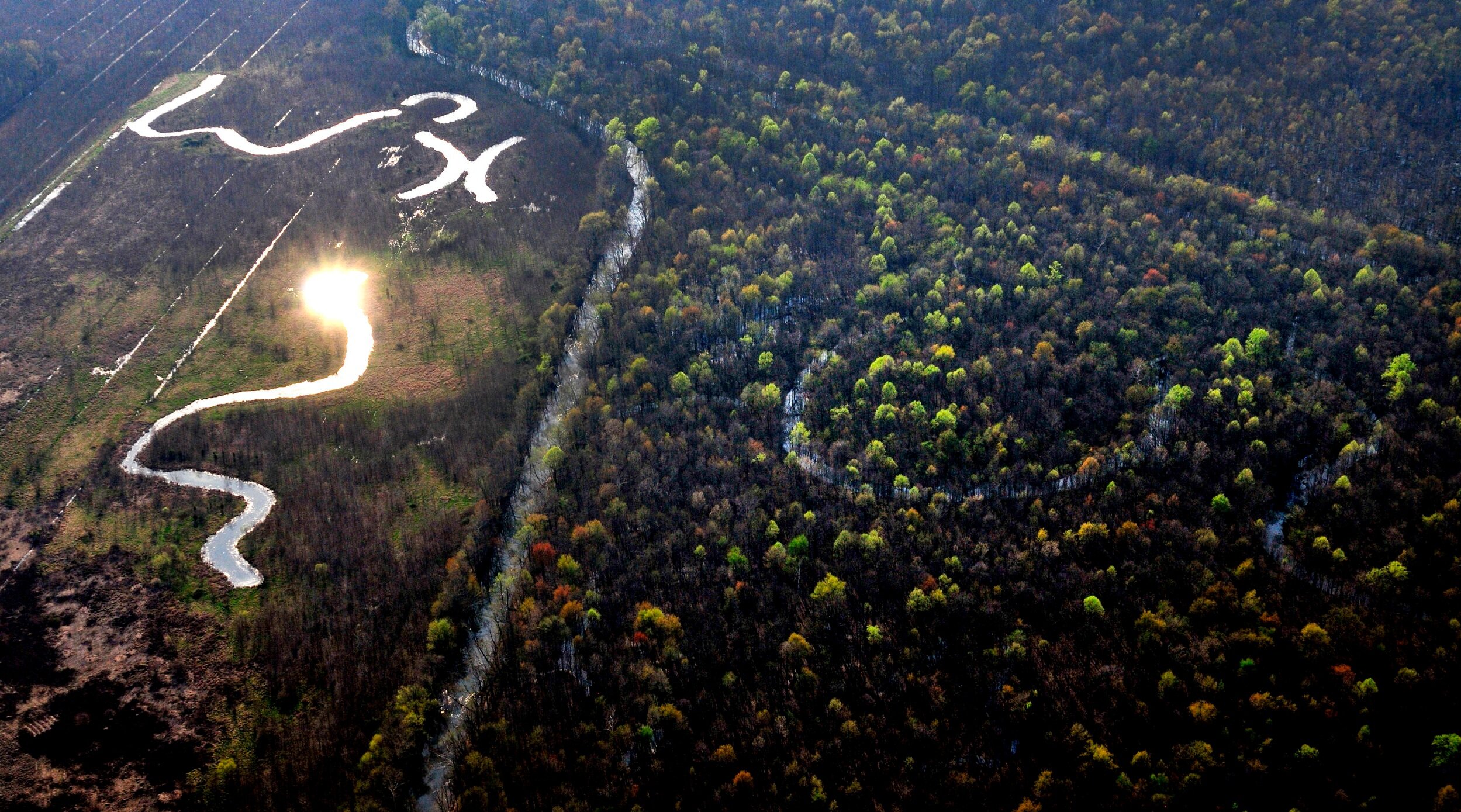
Wildlife
About 30% of the 200 animal and 300 plant species listed as endangered in the United States can be found in the Midwest. Local endangered species like the Indiana Bat and the Fanshell Mussel are imperiled by anthropogenic effects such as pesticide use, habitat destruction, and agricultural/land and energy development. Our work aims to minimize damage to endangered species and ecosystems.
Empowering
Non-profit
Organizations
The United States is home to nearly 1,400 non-profits specifically working to conserve land. Many of these are small, community-based organizations with limited financial resources. By providing pro bono legal assistance to such organizations, we allow them to focus their resources on issues more directly related to their missions – protecting and maintaining land entrusted to them, public education efforts, scientific research on endangered or threatened species, etc.
How can we help your organization?

Support Us!
Conservation Law Center’s mission is to provide legal counsel without charge to conservation organizations, work to improve conservation law and policy, and offer law students clinical experience in the practice of law and the profession's public service tradition.
You make this important work possible. Thank you!


















